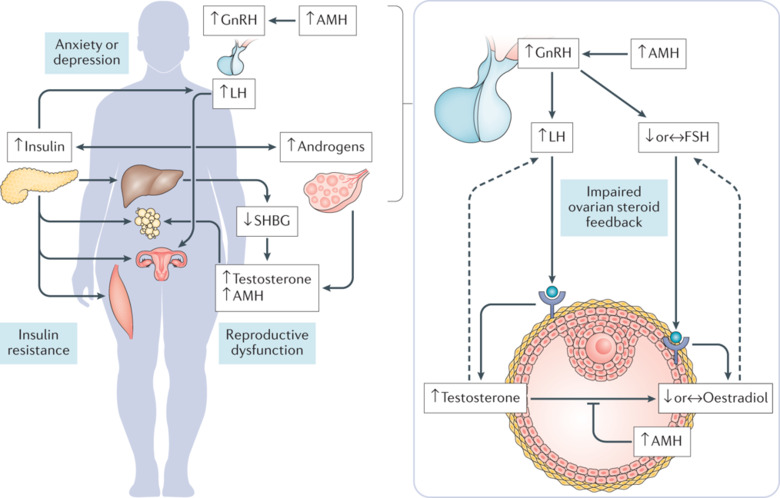January 6, 2025 — Stockholm, Sweden
A groundbreaking international study, led by researchers at Karolinska Institutet in Sweden, has revealed that artificial intelligence (AI)-based models can outperform human experts in identifying ovarian cancer in ultrasound images. Published in Nature Medicine, the study highlights the potential of AI in addressing a critical shortage of ultrasound specialists worldwide.
Professor Elisabeth Epstein, a senior consultant at Södersjukhuset (Stockholm South General Hospital) and a key researcher in the study, emphasized the urgency of finding effective diagnostic tools for ovarian cancer. “Ovarian tumors are common and often detected by chance,” Epstein explained. “There is a severe shortage of ultrasound experts in many parts of the world, which leads to concerns about unnecessary interventions and delayed diagnoses. Our research aimed to determine if AI could complement the expertise of human professionals.”
AI Outperforms Human Experts
The team of researchers developed neural network models that were trained to differentiate between benign and malignant ovarian lesions. The AI models were tested on over 17,000 ultrasound images from 3,652 patients across 20 hospitals in eight countries. The results showed that the AI outperformed both expert and non-expert ultrasound examiners, achieving an accuracy rate of 86.3%—significantly higher than the 82.6% and 77.7% rates achieved by expert and non-expert examiners, respectively.
Professor Epstein commented on the significance of the results, stating, “These findings suggest that AI-driven models can provide crucial support in diagnosing ovarian cancer, particularly in complex cases and in areas where there is a lack of ultrasound experts.”
Improving Efficiency and Reducing Referrals
One of the most promising outcomes of the study was the reduction in expert referrals made possible by the AI models. In a simulated triage situation, the AI reduced the number of expert referrals by 63% and decreased the misdiagnosis rate by 18%. This has the potential to lead to faster diagnoses, more efficient use of healthcare resources, and cost savings for healthcare systems.
“By reducing unnecessary referrals and misdiagnoses, AI models could streamline the diagnostic process, improving overall patient care and reducing the burden on specialists,” said Filip Christiansen, a doctoral student at Karolinska Institutet and co-author of the study.
Future Prospects and Clinical Trials
Despite the promising findings, the researchers emphasized the need for further studies to fully understand the clinical limitations and potential of AI models in ovarian cancer diagnosis. Current efforts are focused on conducting prospective clinical studies at Södersjukhuset to assess the AI tool’s safety and effectiveness in real-world clinical settings. Future research will also include a randomized multicenter trial to evaluate the impact of AI on patient management and healthcare costs.
“With continued development, AI tools could become an integral part of healthcare, assisting experts and optimizing hospital resources,” said Christiansen. “However, we must ensure that these tools are adaptable to various clinical environments and diverse patient populations.”
Collaborative Effort and Patents
The research was conducted in collaboration with scientists at the KTH Royal Institute of Technology and received funding from several prestigious organizations, including the Swedish Research Council, the Swedish Cancer Society, and the Cancer Research Funds of Radiumhemmet.
As part of the commercialization process, Elisabeth Epstein, Filip Christiansen, and their colleagues have applied for a patent through Intelligyn, a company focused on computer-supported diagnostics. The team also owns shares in Intelligyn.
A Step Toward Personalized Medicine
This research marks a significant step toward the integration of AI in healthcare, particularly in the early detection of ovarian cancer. With AI’s ability to analyze medical images quickly and accurately, there is hope that it will become a critical tool in personalized medicine, helping to provide timely and tailored treatment plans for patients around the world.
The study, titled “International multicenter validation of AI-driven ultrasound detection of ovarian cancer,” is available in Nature Medicine as of January 2, 2025.












